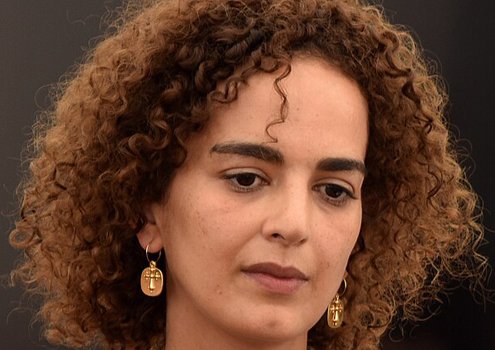Reading time: Just over 1 minute
I like to share interesting pieces of figurative language I encounter in my reading. I write today about a series of metaphors from Leila Slimani…
Considered one of the “it” books of 2018, the psychological thriller The Perfect Nanny by Leila Slimani (pictured above) crept into my suitcase before I went on a brief holiday in January. I’d read reviews of the bestseller, heard podcasts on it and knew it had won France’s most prestigious literary honour, the Goncourt Prize when it was published.
I also knew my adult children no longer required a nanny, so I would be able to tolerate a book in which the caregiver kills her charges. (This is not a spoiler! The book’s first paragraph reads: “The baby is dead. It took only a few seconds. The doctor said he didn’t suffer. The broken body, surrounded by toys, was put inside a gray bag, which they zipped shut.)
Overall, I didn’t like the book, which I found surprisingly clumsily written. (To be fair, this may be a case of a poor translation. I’d try to read it again in French although I don’t think I want to devote so much time to such a misogynistic plot.)
In any case, many reviewers mentioned the “poetic language” of the book and I agree it provided a modest relief from an otherwise dreary story. Here are my favourite examples:
- The silent apartment is completely under her power, like an enemy begging for forgiveness.
- The nanny is like those figures at the back of a theater stage who move the sets around in the darkness.
- She’d talked the way a balloon deflates, more and more quickly.
- She walked in the street as if it were a cinema set and she were not there, an invisible spectator to the movements of mankind.
- They watch the fields of rapeseed lying stunned in the fawn sunset that paints the motorway rest areas, the industrial zones, the gray wind turbines with a touch of poetry.
An earlier version of this post first appeared on my blog on Feb. 15/18.
[Photo credit: Jindřich Nosek (NoJin). Cropped. Licensed under the Creative Commons Attribution-Share Alike 4.0 International license.]


